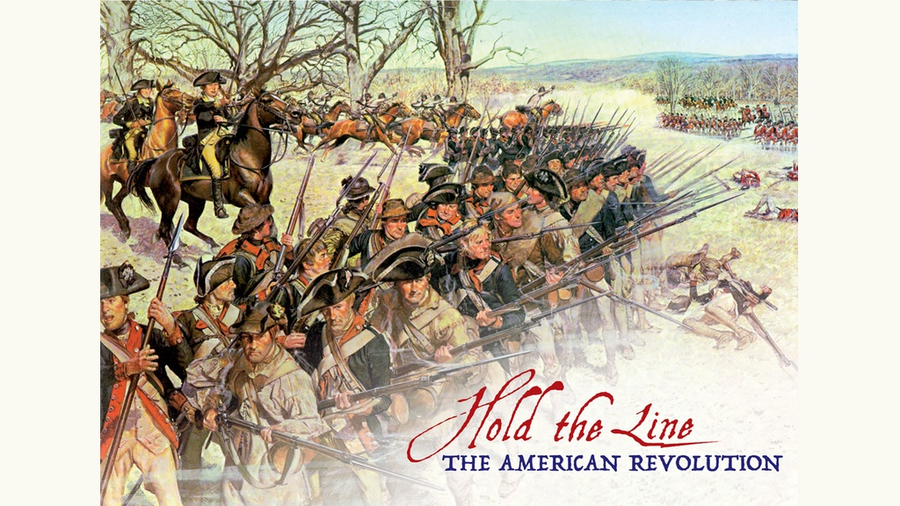

The song later appeared on Crowell's 2001 album The Houston Kid. This version was titled " I Walk the Line Revisited" and peaked at No.

"In 50 minutes, I had it finished." Legacy Something like I’m still being true, or I’m 'Walking The Line.' The lyrics came as fast as I could write," says Johnny. Johnny, with the Temptations outside his door and a new wife at home, wanted the lyrics to say, "I'm going to be true to those who believe in me and depend on me to myself and God. As he explained during a 1990s appearance on The Nashville Network, he did this in order to simulate the sound of a snare drum, an instrument to which he did not have access during the original Sun session. When performing this song in recording, and in later live and television appearances, Cash would place a piece of paper under the strings of his guitar towards the tuning end.
HOLD THE LINE MEANING FULL
The final verse, a reprise of the first, is sung a full octave lower than the first verse, the root note lowered from E5 down to E4. In the original recording of the song, there is a key change between each of the five verses, and Cash hums the new root note before singing each verse. It is based upon the "boom-chicka-boom" or "freight train" rhythm common in many of Cash's songs. ( You've got a way to keep me on your side/You give me cause for love that I can't hide/For you I know I'd even try to turn the tide). The song is very simple and like most Cash songs, the lyrics tell more of a story than the music conveys. II: From Memphis to Hollywood (Columbia/Legacy) in 2011. Additional live performances have been released since Cash's death, along with a demo version recorded prior to the formal 1956 recording session that was released on Bootleg Vol.
HOLD THE LINE MEANING SERIES
It was re-recorded four times during Cash's career: in 1964 for the I Walk the Line album, again in 1969 for the At San Quentin album (a live performance), in 1970 for the I Walk the Line soundtrack, and finally in 1988 for the Classic Cash: Hall of Fame Series album. In 1955, they began recording under the Sun label. Cash became the front man for the group and precipitated their introduction to Sam Phillips of Sun Records. Cash and his wife, Vivian, were living in Memphis, Tennessee, at the time.

The song was performed with the help of Marshall Grant and Luther Perkins, two mechanics who were introduced to Cash by his older brother Roy after Cash was discharged from the Air Force. "I Walk the Line" crossed over and reached #19 on the pop music charts. country Juke Box charts that summer, one week on the C&W Jockey charts and number two on the C&W Best Seller charts. It spent six weeks at the top spot on the U.S. "I Walk the Line" was originally recorded at Sun Studio on April 2, 1956, and was released on May 1. Vivian Liberto would write a book called "I Walked the Line" about her time with Johnny. However, Johnny Cash would eventually divorce Vivian Liberto and then marry June Carter. The song's lyrics refer to marital fidelity, personal responsibility, and avoiding temptation in his first marriage to Vivian Liberto. It's to get my pitch." The humming was necessary since the song required Cash to change keys several times while singing it.
HOLD THE LINE MEANING TV
On one occasion, while performing "I Walk the Line" on his TV show, Cash explained to the audience the reason for his humming during the song: "People ask me why I always hum whenever I sing this song. Cash originally intended the song to be a slow ballad, but producer Sam Phillips preferred a faster arrangement in the end, Cash agreed to the change, and the uptempo recording met with success. I was newly married at the time, and I suppose I was laying out my pledge of devotion." After writing the song, Cash had a discussion with fellow performer Carl Perkins, who encouraged him to adopt "I Walk the Line" as the song title. Later in a telephone interview, Cash stated, "I wrote the song backstage one night in 1956 in Gladewater, Texas. The unique chord progression for "I Walk the Line" was inspired by the backwards playback of guitar runs on Cash's tape recorder while he was stationed in Germany as a member of the United States Air Force.


 0 kommentar(er)
0 kommentar(er)
